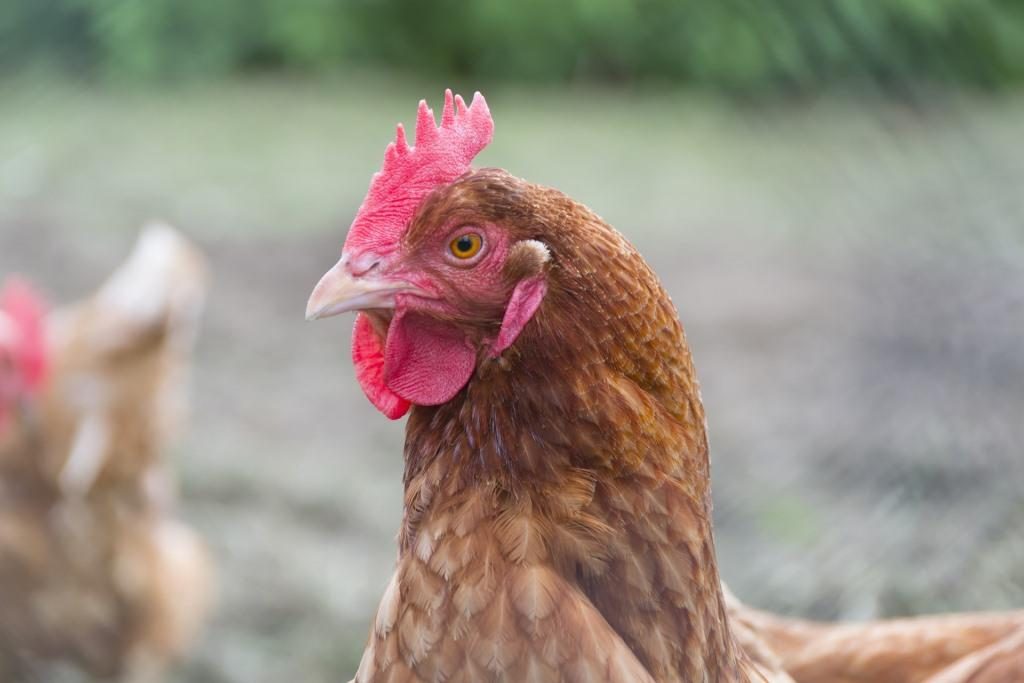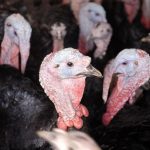New avian influenza measures could pose ‘serious threats’ to poultry producers
Defra has outlined its temporary measures to reduce the risk of avian influenza once the current Prevention Zone expires on 28th February, which will pose “serious threats” to free-range poultry producers according to the NFU.
 From 28th February the government expects to adopt a more targeted approach with mandatory biosecurity measures across the country and continued house or range netting in higher risk areas.
From 28th February the government expects to adopt a more targeted approach with mandatory biosecurity measures across the country and continued house or range netting in higher risk areas.
However, the introduction of the higher risk areas will mean that producers who continue to house their birds will no longer be able to label their products as free-range, as birds have been ordered inside for longer than the 12 weeks permitted by EU law.
“Free-range poultry producers now face significant threats to their businesses after Defra’s introduction of higher risk areas,” NFU’s president, Meurig Raymond, said. “The affected producers will now lose free-range status from 1st March and this will have a considerable effect on the supply chain.
“The NFU will continue to work with industry to help poultry producers prepare for the introduction of higher risk areas and how this will affect their businesses. Defra needs to provide clarity specifically on how many free-range birds are affected by the introduction of higher risk areas.”
Defra expects that approximately 75% of poultry keepers will be unaffected by the housing order from 28th February, however all keepers of poultry and other captive birds must continue to follow the government guidelines on maintaining good biosecurity.
On the designation of higher risk areas, a statement from Defra said: “While the risk of H5N8 remains high across the country, areas close to substantial inland or coastal bodies of water, where significant numbers of wild birds collect, are at an even higher risk. In these areas, the risk is considered too great to move the alternative biosecurity package and compulsory housing or total netting will continue to be mandatory.”
The updated measures are to be reviewed at the end of April.

 ‘Deeply disappointing’; Unite on job cuts at Bernard Matthews
‘Deeply disappointing’; Unite on job cuts at Bernard Matthews Waitrose set to close five stores
Waitrose set to close five stores
